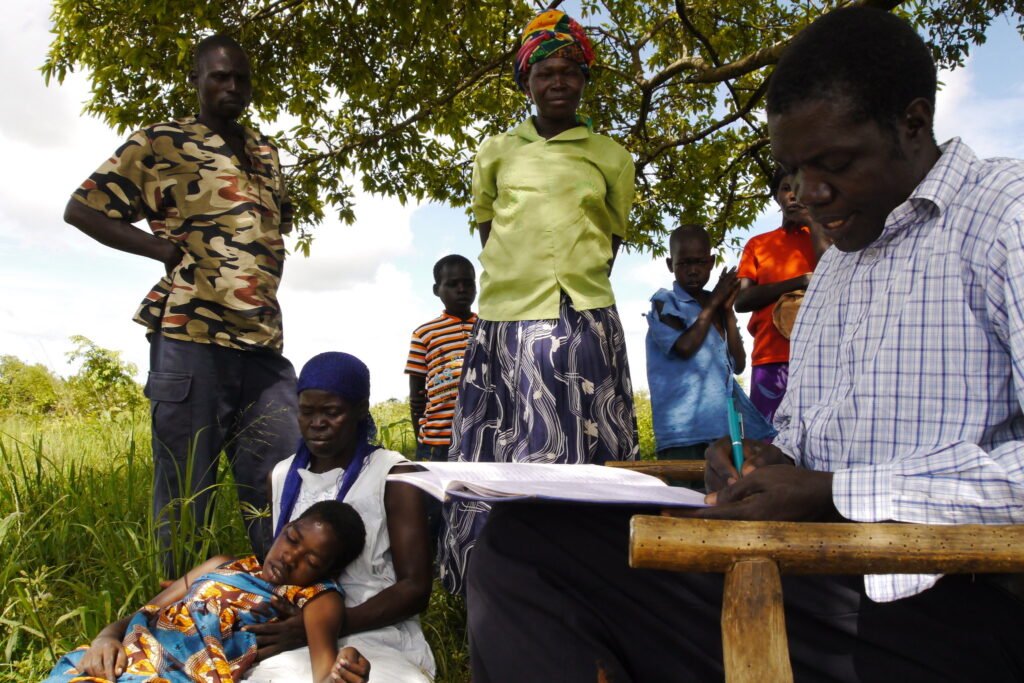Rising Concerns Over Self-Medication in Uganda
Health experts in Uganda are increasingly worried about the growing trend of self-medication among the general population. A comprehensive study titled The Nature of Self-Medication in Uganda, published in January 2025, highlighted that this practice is widespread, though its prevalence varies significantly across different age groups and genders.
According to the study, which involved over 9,113 participants from diverse demographics and regions, adults showed a higher rate of self-medication at 52%, compared to 33% among children. Females were slightly more likely to engage in self-medication than males, with 68% of females versus 66% of males reporting such behavior. The findings also revealed that antibiotics are the most commonly self-medicated drugs, driven by several factors including easy access to medications, perceived cost-effectiveness, long hospital waiting times, and the habit of storing leftover medicines at home.
Additionally, many individuals view their illnesses as minor, leading them to bypass professional medical advice. This pattern has become particularly concerning during the COVID-19 pandemic, when lockdown measures led to an increase in people purchasing medicines without proper guidance.
Grace Kiwanuka, the executive director of the Uganda Health Care Federation, pointed out that during the pandemic, many individuals bought medications like dexamethasone without consulting healthcare professionals. She noted that some of these individuals developed health complications, such as diabetes, which can have lifelong implications and significant financial burdens.
Kiwanuka emphasized that the private sector is facing challenges due to the increasing number of people opting for pharmacies over seeking proper diagnosis from healthcare providers. This trend poses serious risks, including incorrect self-diagnosis and the use of inappropriate medications, which can complicate illnesses and make treatment more difficult.
In some cases, dangerous drug interactions may occur due to improper dosing or misuse of medications. To address this, Kiwanuka stressed the importance of public awareness regarding the necessity of diagnosis and testing before taking any medication.
The Family Health Expo and Symposium, launched recently in Kampala, aims to educate Ugandans on managing their health effectively at home. Scheduled for August 1 to 3, 2025, at the UMA showgrounds, the event will also help the public understand where to seek proper medical care.
Organized by the Uganda Healthcare Federation in collaboration with the Ministry of Health and Copious, the symposium will explore practical solutions to reduce disease burden, improve access to affordable healthcare, and enhance the overall health system. This aligns with Uganda’s commitment to prioritizing preventive care over curative approaches.
Kiwanuka also highlighted that the country’s healthcare system continues to face high rates of morbidity and mortality, often linked to preventable diseases. Many families suffer and die from illnesses that could be avoided through better awareness and early intervention.
Preventative and primary healthcare interventions are crucial in reducing the disease burden and improving quality of life. Dr. Joseph Sserwadda, the presiding apostle of the BornAgain Faith, urged the public to avoid self-medication and instead seek professional medical assistance when unwell.
Dr. Timothy Musila, assistant commissioner for health services (private sector coordination) at the Ministry of Health, noted that many people end up in hospitals for conditions that could have been prevented. He pointed out that out-of-pocket health expenditures are the leading cause of household impoverishment in Uganda. Families often sell assets to cover medical costs, leaving them financially strained even if the patient is not fully cured.
According to the World Bank, approximately 40% of total health expenditures in Uganda come from out-of-pocket payments. Modelled data suggests that nearly 80% of the population is at risk of catastrophic or impoverishing health-related expenses.
Musila emphasized that reducing the disease burden could save significant resources. Brian Bogere, executive director of Copious Health Services, called for greater collaboration and partnership, urging religious and cultural leaders to play a role in changing public perceptions about health practices.
Through collective efforts, Uganda can work towards a healthier future, ensuring that citizens receive timely and appropriate medical care while reducing the risks associated with self-medication.

